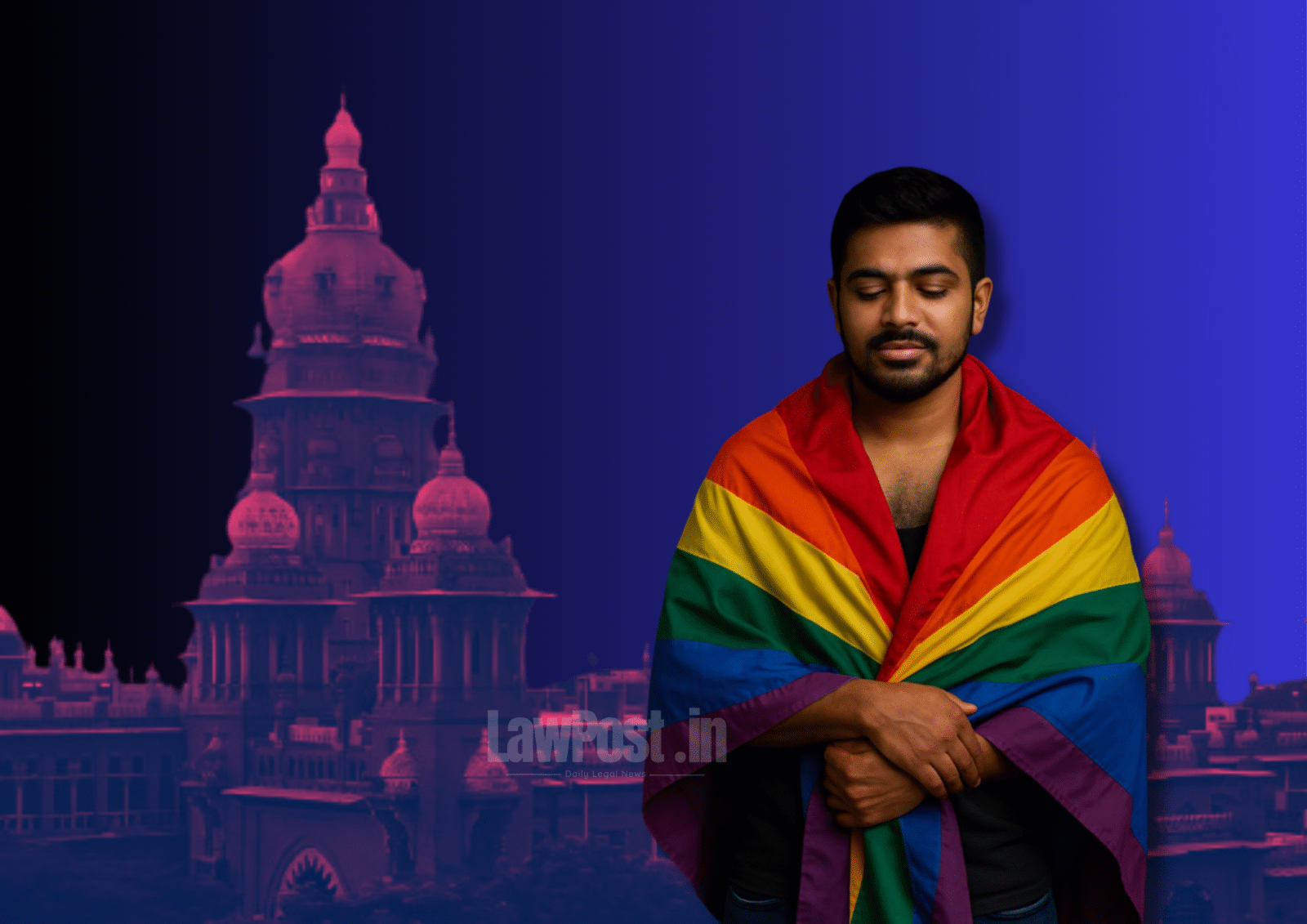In a significant development for the rights of transgender and intersex communities, the Madras High Court has directed the Tamil Nadu government to take a clear decision on extending horizontal reservation in educational institutions and public employment to transgender and intersex persons.
The direction was issued by Justice N Anand Venkatesh on August 4 while hearing a plea originally filed by a lesbian couple seeking protection from their families. Over time, the matter evolved into a broader inquiry into the welfare of LGBTQIA+ persons in Tamil Nadu.
Justice Venkatesh acknowledged the State’s recent step of formulating the Tamil Nadu State Policy for Transgender Persons 2025, which came into effect on July 31, 2025, making Tamil Nadu the seventh State in India to adopt such a policy. Commending the move, the Court stated:
“In what could be termed as a victory for the transgender and intersex persons, after their long struggle, the State Government has brought into effect the Tamil Nadu State Policy for Transgender Persons 2025… this Court wants to place on record its appreciation to the Government of Tamil Nadu for coming up with the policy.”
However, the Court noted a critical gap: the policy remains silent on the issue of horizontal reservation, which has been a longstanding demand of the community.
“It is not clear as to whether the Government wants to provide horizontal reservation to the transgender and intersex persons, which has always been the request made by the community and which has been reflected in many of the earlier orders passed by various Courts… Hence, the State Government is directed to take a decision in this regard so that the transgender and intersex persons need not knock the doors of this Court every time and seek for reservation in public employment and educational institutions,” the order read.
The Court also pressed the government to constitute State and District Level Committees to monitor the implementation of the policy and stressed on inclusive representation:
“The State Government must ensure that there is representation of at least one transwoman, transman, and intersex person in the Committee for its effective functioning.”
Further, the Court urged the State to rename the policy to explicitly include both transgender and intersex persons and emphasized the importance of designing welfare measures from the perspective of LGBTQIA+ individuals rather than through heteronormative or cisgender lenses.
The High Court also raised another practical concern – marriage registration for transgender and intersex persons – and directed the government to issue appropriate instructions to Registrars, observing that:
“The Supreme Court has already recognised marriages involving transgender and intersex partners, but they face hurdles when they try to register their marriage.”
In a forward-looking remark, the Court urged the government to expedite work on a comprehensive policy for the LGBQA+ community, noting that while such a policy is under consideration, it must be finalised soon.
“Now that the State Government has come out with a policy for transgender and intersex persons, it is time that the Government comes up with the policy for LGBQA+ persons also. This process should be expedited.”
The State, through Additional Public Prosecutor R Muniyapparaj, informed the Court that the LGBQA+ policy is in progress and awaiting finalisation.
The matter has been posted for the next hearing on September 15.
Case: S Sushma & Anr vs State & Ors – Available on LAWFYI.IO








